How To Get Rid of Bugs from Your Yard & Garden – 15 Tips
-
Kristin Hitchcock
- Last updated:
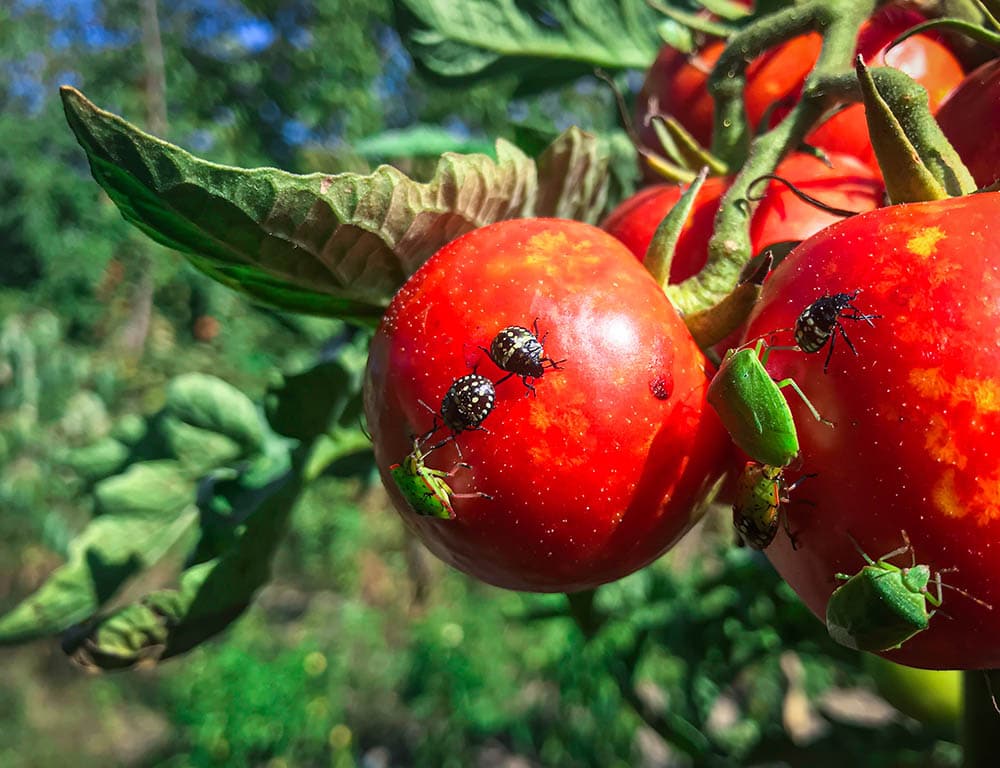
Bugs are a fact of being outside. However, some bugs can be troublesome, especially if you’re trying to grow a garden. So, it may be a good idea to take some steps to get rid of troublesome pests.
Of course, this is a lot easier said than done. While some pests are pretty easy to deter, others can be highly troublesome—you often have to take several different steps to eliminate all troublesome bugs (if that’s even possible).
We’ve outlined some of the best methods to deter pests below. Again, you’ll likely need to take multiple pests to eliminate the most troublesome bugs.

The Top 15 Tips to Get Rid of Bugs From Your Yard & Garden
1. Get Rid of Standing Water
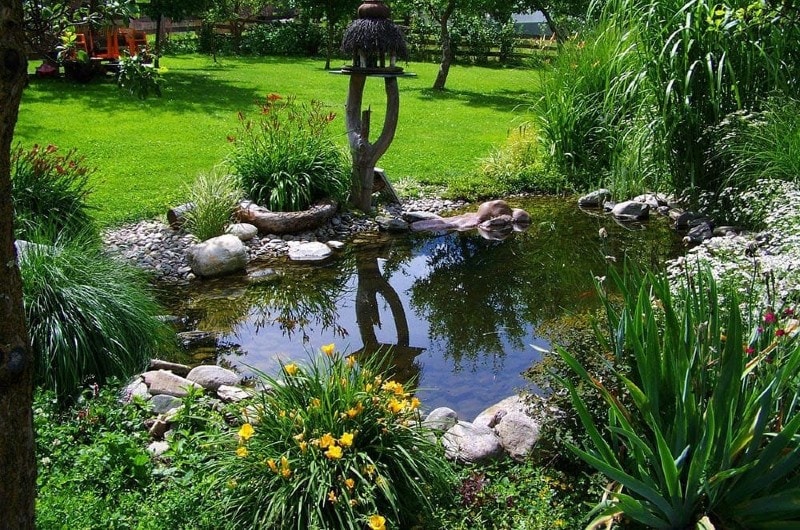
Your first step should be to get rid of standing water. If you do have standing water in your landscaping, be sure to change it often to keep it clean. While most people know that mosquitos breed in standing water, other bugs can, too. Don’t forget to unclog gutters and clean them, as standing water can lead to increased bugs.
2. Remove Attractants
Some plants simply attract bugs. While some of these bugs may be welcomed (like butterflies), others may not be. If a plant seems to attract bugs you don’t want, consider removing it. Furthermore, you should consider moving garbage and similar attractants. Be sure that your trash stays covered, as well.
3. Remove Food

Any time you’re cooking outside, cover food and remove it as quickly as possible. Bugs will be attracted to the food, even if you don’t leave it out that often. Therefore, avoid leaving food out. If you have to, cover it to avoid attracting bugs.
You don’t want insects joining your BBQ, after all.
4. Add a Bat House
Bats eat a huge number of bugs every day. Therefore, attracting bats to your yard can help remove bugs (or keep the numbers as low as possible). You can build a bat house to accomplish this. Purchasing one online is relatively cheap and completely doable. However, you can also build one yourself pretty easily.
Of course, it can take a bit for bats to realize that the house is there. Therefore, this step does require quite a bit of patience.
5. Choose Bug-Repellent Plants
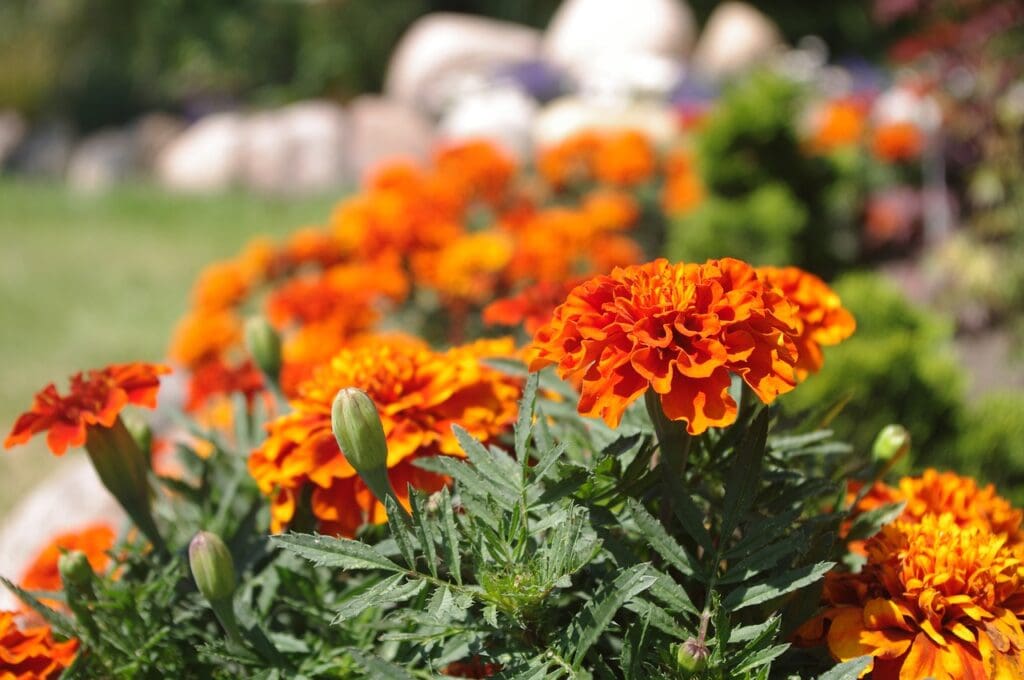
You can also choose plants that keep bugs out of the yard. Some plants keep bugs away, such as marigolds, lavender, chrysanthemum, and lemongrass. These plants can discourage mosquitos and other bugs from entering your yard, largely due to their smell.
Be sure to spread these around your yard for maximum effect.
6. Treat Your Yard
If you really want to prevent bugs, you can treat your yard or have a professional treat it. There are many DIY options that you can choose from. However, professionals often have stronger chemicals and more experience. Therefore, many people choose to hire a professional each spring to prevent bugs before they show up.
7. Attract Birds
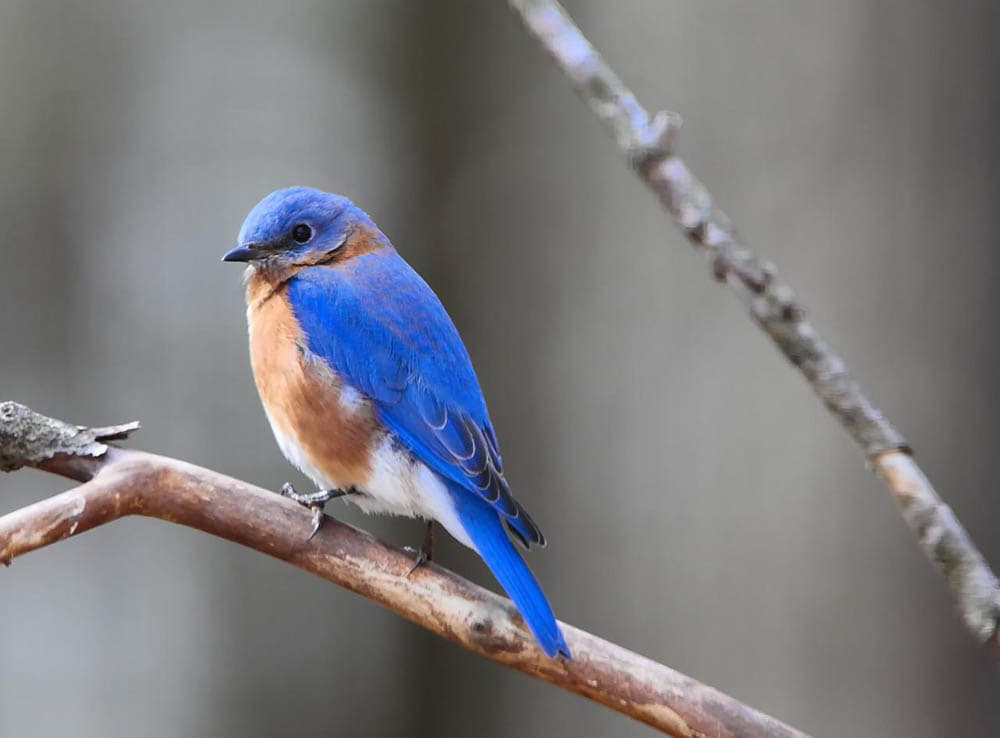
Birds also eat lots of bugs, just like bats. We highly recommend attracting birds to your yard, as well. You can add bird baths (just be sure to clean them), berries, and seeds. Of course, having lots of trees and coverage so that the birds feel safe is also essential.
However, you don’t want to add too much coverage, which can attract more insects.
8. Keep Your Landscaping Tidy
Keep bushes trimmed and remove larger plants that you don’t want. Be sure to mow your grass regularly and remove any shrubbery that isn’t a part of your landscaping. The longer grass and overgrown landscaping provide room for bugs to hide and cool places to sleep. Therefore, they can promote bugs.
Keep things as tidy as possible. Hire a professional if you need to, as the benefits far outweigh the costs in many instances.
9. Use Citronella
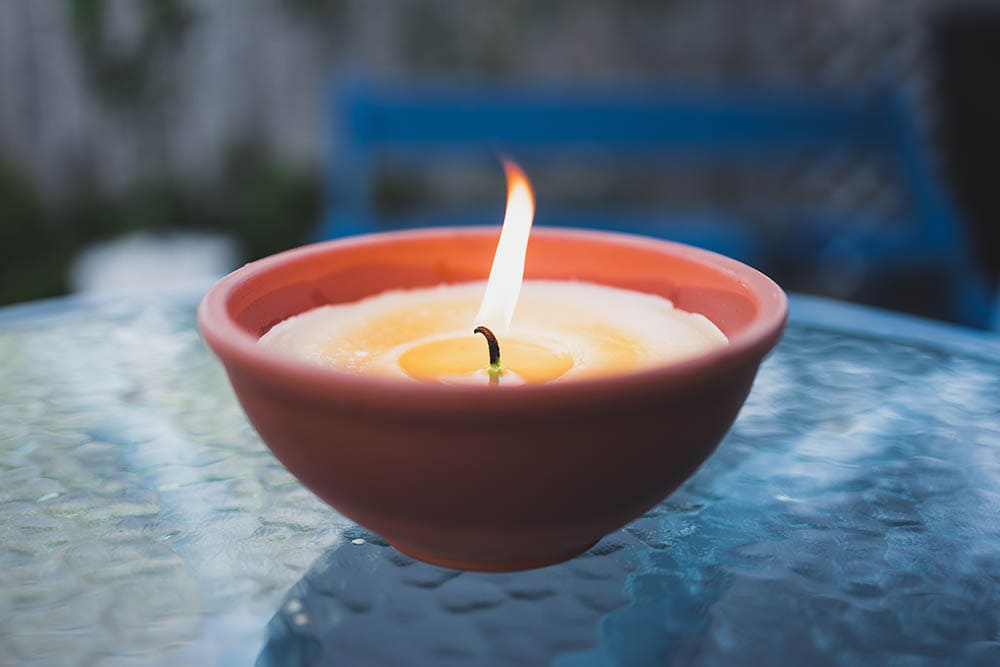
Citronella oil is a natural bug-repellant that isn’t too smelly for people. Not only do bugs not like this smell, but it also masks the human smell that tends to attract them. Plus, it’s also perfectly safe and won’t harm the environment.
Of course, you can’t keep citronella candles lit all the time. However, you can light candles whenever you go outside and plant landscaping with natural citronella.
10. Use Bug Traps
If things are really bad, you can utilize bug traps. Bug traps can help lessen the number of bugs in your yard. However, they do require regular maintenance. There are many DIY options, but you can also purchase commercial traps. These traps can catch bugs that already exist in your yard.
11. “Clean” Your Soil
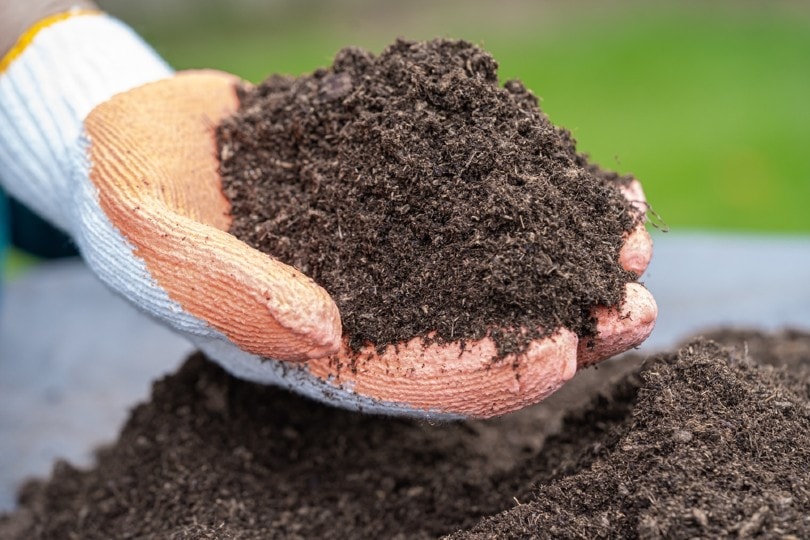
We highly recommend cleaning your soil to prevent garden pests from ingesting your garden. For instance, add organic materials at the beginning of the growing season to promote microbe health. These will break down organic matter, which prevents bugs from taking up shop.
You can also cover your garden with cardboard or plastic. These allow heat to build up underneath it, killing garden pests and any eggs left behind. Of course, this will help limit the number of insects in your area this year.
12. Thin Out Plants
When your garden has started growing, the weak seedlings should be thinned out. These can be more prone to pests and disease, which can then be passed onto healthy plants. Be sure to remove dead plants, too, as these can prevent airflow.
Plants need good circulation to breathe. Poor circulation can also lead to moisture build-up, attracting bugs.
13. Choose Pest-Resistant Seeds
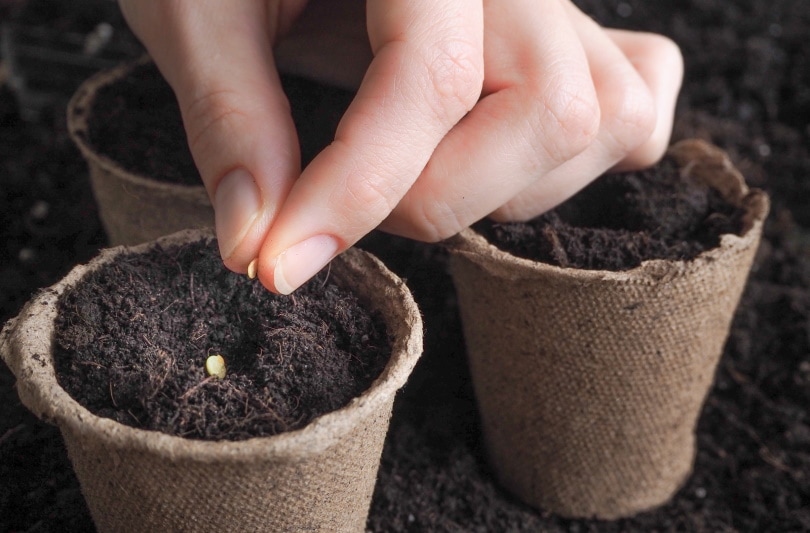
Some species of plants are resistant to pests; others are not. Therefore, we highly recommend choosing species that are pest resistant if you often have issues with pests in your garden. Even if you can only choose a few pest-resistant plants, these will help slow the spread throughout the garden. Just a few very resistant plants can be extremely helpful in the long run.
14. Water in the Morning
Watering in the morning improves the amount of water that will soak into the lower levels of the soil. Furthermore, the sun will evaporate the water some hours later when it becomes especially warm. However, by this point, your plants should have already soaked up much of the water they need.
Therefore, when night rolls around, there will be less moisture left in the soil. Insects are often drawn to their moisture, and the cool temperatures can harm the plants.
15. Keep Your Garden Clean
Even leaving a small pail or bucket out can encourage pests. Therefore, we highly recommend keeping your garden clean with everything put away. Leaves and similar litter should also be removed, as plants may use them as nests or food. Carry a small bucket with you for garden litter, and be sure to remove clippings after you trim plants.

Conclusion
Keeping pests out of your garden involves two basic principles. Firstly, you should remove things that attract bugs. Anything that bugs can use to nest, eat, or reproduce can attract them. Certain plants fall into this category, while others may work to keep bugs away. Litter and overgrown plants can attract bugs, too.
Secondly, you can also take steps to keep bugs away. For instance, treating your yard and burning citronella can keep bugs away. Certain plants can also keep bugs away, such as lavender.
See also:
Featured Image Credit: Benerys, Shutterstock
Contents

